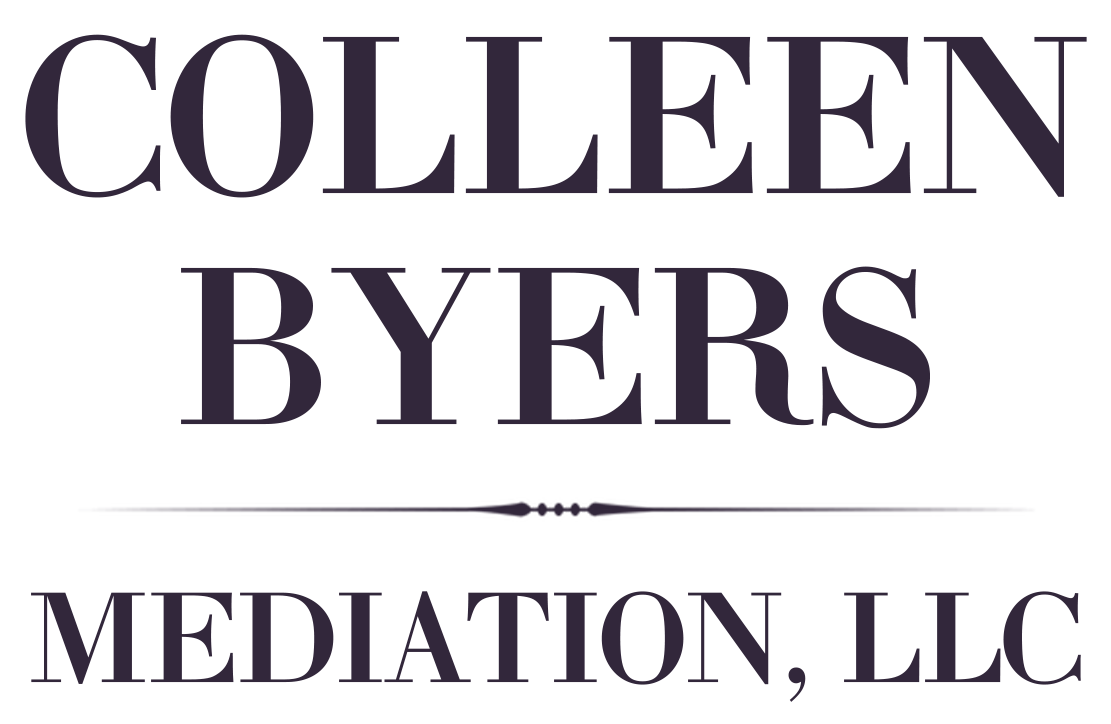For Successful Mediation, Avoid These Four Negotiation No-Nos
If you’re going to spend the time and the money to go to mediation, you may as well make it worth your while. To make it worth your while, it’s best to avoid these 4 negotiation faux paus.
1. Don’t Prepare.
With full recognition of the constraints of client resources, it is important to figure out some way to adequately prepare for mediation prior to mediation day. What is the bare minimum preparation needed for a mediation that is worth your while?
- Make a list of all the pending claims, counterclaims, and crossclaims;
- Review the pattern jury instructions for each pending claim on the list;
- Consider how the facts of this case line up with the pattern jury instructions for each pending claim;
- Calculate your client’s best possible outcome at trial and communicate this to your client; and
- Calculate your client’s worst possible outcome at trial and communicate this to your client.
- Review your notes about any prior settlement offers.
2. Demand Better Than Your Best Day.
After you have prepared for mediation day, do not start things off on the wrong foot by communicating an opening offer that exceeds your client’s best possible outcome at trial. Not only will this not get you anywhere, but it will also set you back in terms of time, cost, and credibility. At best, it will cost you time and money as the mediator works extra hard to get the other side to come back to the negotiation table. At worst, it will torpedo the entire mediation and end in a premature impasse.
3. Go Backward.
If you have done the minimum preparation in #1, then you will know the benchmarks you and the other counsel have set through any prior settlement offers. Do not make an opening offer at mediation that is less than a relatively recent pre-mediation settlement offer unless you are prepared to also provide a compelling reason (ie: protracted discovery expenses between offers) as to why you are backtracking. Otherwise, this is a sure fire way to offend the other side and torpedo the mediation quickly.
4. Don’t Listen.
If either side refuses to listen, then the mediation will stall out and likely tank. Across the nation, patience is wearing thin. People are quick to interrupt each other and the occasional Zoom lag certainly does not help. It is understandable that your client believes strongly in their narrative and they need to know you, as their lawyer have their back. But what is the harm, in private session in mediation, of considering (without even conceding), that the other side might have 1 or 2 good facts or legal arguments? After all, listening might help you to learn what is important to the other side, which might be the key to unlock a resolution you could easily live with.
If you’re looking for an experienced mediator in the Winston-Salem area,
contact Colleen Byers Mediation today.





